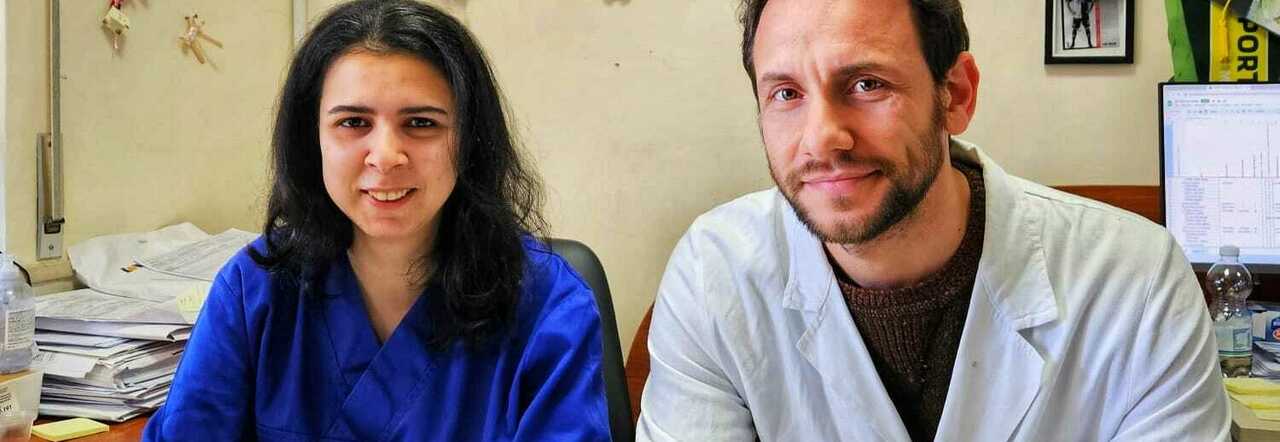Fighting cancer and new frontiers of immunological therapies. In Campania, the best specialist professionals take the field: a team that unites forces and gives life to «SCITO», the Campania Society of Oncological Immunotherapy, created by the oncologist of Pascale, Paolo Ascierto.
The society was born in 2017, this year it opens its conference with the aim of expanding not only to the regions of southern Italy, but also to the countries overlooking the Mediterranean: Greece, Turkey, Spain.
«The mission of Scito - says the world's leading expert in the field of melanoma - is to encourage education, training and research on oncological immunotherapy aimed at expert colleagues from different disciplines. Only with multidisciplinarity and transversality can we unite forces and give new approaches and new opportunities for care to cancer patients. Another goal of Scito is the promotion of clinical studies in those patient settings where there is no significant disease frequency. These are mostly groups of patients resistant to chemotherapy, very rare, with small numbers, but with important needs».
The conference will take place on Friday 23 February, at the Royal Continental hotel, in Naples. On the agenda, the names of international oncology (Cesare Gridelli, Enzo Montesarchio, Luigi Buonaguro, Bruno Daniele, Antonio Avallone, Mario Mandalà, Hector Soto Parra, Evaristo Maiello). But also many young people.
And it is precisely from the study of a young oncologist, Maria Grazia Vitale, originally Sicilian, but for years at Pascale, and the biotechnologist Domenico Mallardo, both of Ascierto's team, that a new hope starts for patients suffering from metastatic melanoma for whom, until the day before yesterday, even immunotherapy was not seen as a lifeline. It is a retrospective observational study that is showing how immunotherapy administered to patients with autoimmune diseases, by definition excluded from immunotherapy, with multiple metastases, without therapeutic possibility, are responding better than those without autoimmunity, with a better life expectancy and a slower progression of the disease.
«Numerous studies - explains Maria Grazia Vitale - support the intimate relationship between cancer and autoimmune diseases, but the detailed mechanisms and pathophysiology have not been clarified, thus posing an obstacle to the prevention and treatment of the disease itself. Cancer patients with autoimmune diseases have been excluded from most studies on immune checkpoint inhibitors, due to concerns about the increased risk and adverse events related to the immune system. With this study we therefore collected data from 203 patients with stage III and IV metastatic melanoma with immune checkpoints from April 2016 to December 2022 at Pascale. Of these, 41 patients (20 percent) had a concomitant autoimmune disease and therefore the remaining 80 percent, 162 patients, who had received immunotherapy were used as a control group».
The purpose of the study was obviously to compare in a real scenario the effectiveness and safety of treatment with immunotherapy in the autoimmune disease and in the control group. And let's see what emerged: «the best overall response - says Domenico Mallardo - after treatment with immunotherapy was 46.3% and 32.7% respectively in the autoimmune group and in the control group. In the group of patients with autoimmune disease the frequency of permanent interruption due to the worsening of the autoimmune disease was 26.8%. The mortality rate was 29.3%. In conclusion, patients with a pre-existing autoimmune disease showed a better response. Considering the complexity of these patients, a multidisciplinary approach and a hospital network are obviously necessary to manage the exacerbation of autoimmunity and side effects».

